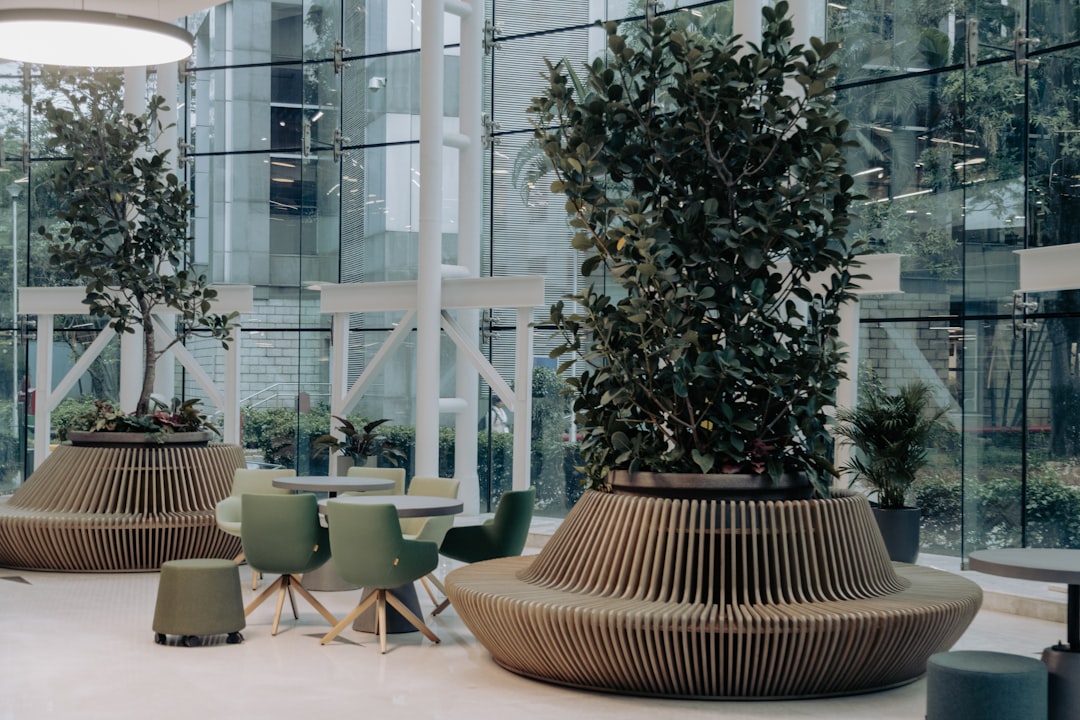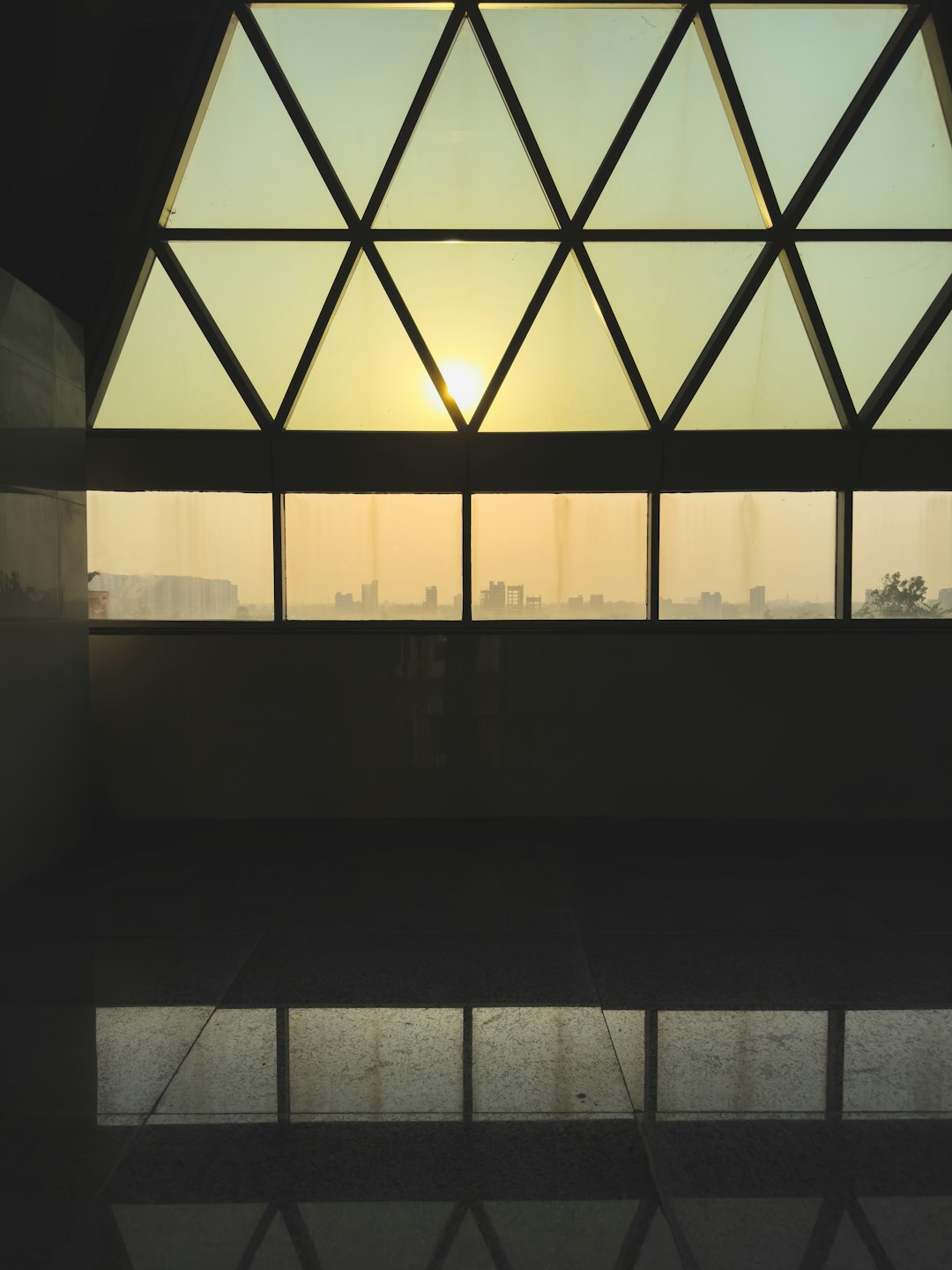Enhance Commercial Spaces with Decorative Glass: Benefits & Applications
发布时间:
2025-08-11 10:11
来源:

Key Takeaways
- Decorative glass elevates aesthetics with tailored patterns and textures that reflect brand identity.
- It balances openness and privacy, enhancing concentration without sacrificing natural light.
- Energy-efficient coatings reduce glare and cooling costs, supporting sustainable building goals.
- Versatile applications include partitions, storefronts, and institutional environments, enhancing spatial dynamics.
- Strategic sourcing and maintenance ensure durability, cost-effectiveness, and consistent quality.
- Customized designs strengthen brand messaging and increase property value in commercial settings.
Why Decorative Glass is a Smart Choice for Commercial Spaces
Decorative glass has swiftly transitioned from a niche material to a pivotal element in contemporary commercial design. Its versatile aesthetics not only enrich interiors with luminous elegance but also cater to diverse business demands such as privacy, improved energy efficiency, and enhanced functionality. By integrating intricate patterns, textures, or translucent effects, decorative glass offers a unique balance between openness and seclusion—a critical consideration in bustling work environments.
Moreover, this material aligns seamlessly with progressive commercial space trends emphasizing sustainability and occupant well-being. Its ability to diffuse natural light while reducing glare contributes to more energy-conscious buildings, supporting cost reduction and environmental goals. Consequently, decorative glass embodies both a stylistic and strategic solution—elevating interior ambiance while addressing practical operational concerns typical of modern business environments.
Key Benefits of Decorative Glass in Commercial Interiors
Decorative glass has transcended mere functionality to become a pivotal design element in commercial interiors, offering multifaceted benefits that elevate both form and function.
Enhancing Aesthetic Appeal: Decorative glass introduces an immediate aura of modernity and sophistication. Through intricate patterns, textures, and varied translucencies, it crafts visually compelling environments that convey professionalism and innovation. Such versatility enables architects and designers to tailor spaces that reflect brand identity while invigorating the atmosphere with refined elegance.
Privacy with Transparency: One of the challenges in bustling commercial settings is balancing openness with confidentiality. Patterned and frosted decorative glass adeptly mitigates this tension by diffusing visibility without impeding natural light penetration. This selective obscuration fosters a sense of seclusion for meeting rooms or workstations, enhancing concentration and discretion while maintaining an airy spatial experience.
Energy Efficiency Optimization: Beyond aesthetics and privacy, decorative glass contributes to environmental performance by modifying light diffusion and augmenting insulation. Specialized coatings and laminations can selectively filter solar radiation, reducing cooling loads and glare. According to recent analyses on commercial glass trends, these innovations translate into tangible energy savings and occupant comfort enhancements. This dual impact—ambience and utility—positions decorative glass as a strategic asset in sustainable building design.
Integrating decorative glass solutions, therefore, not only elevates spatial aesthetics but creates functional advantages that resonate across operational efficiency and user experience. For additional inspiration on implementing these concepts, exploring curated collections of Decorative Glass Ideas can provide valuable insights tailored for commercial applications.
Innovative Applications of Decorative Glass in Commercial Spaces
Decorative glass transcends traditional boundaries, offering versatile solutions that intertwine aesthetic appeal with purposeful functionality across various commercial environments. Its adaptability fosters creative spatial dynamics, elevating both form and function.
Glass partitions redefine office layouts by carving distinct zones without sacrificing openness or natural light. These transparent yet sound-dampening barriers foster privacy while maintaining an airy ambiance, supporting collaboration alongside focused work. Industrial studies underscore their benefits, notably how glass partitions contribute to energy efficiency and visual connectivity.
In retail and hospitality settings, decorative glass assumes dual roles: as a canvas for brand storytelling and as an element enhancing guest experience. Embellished storefronts captivate customers, while intricately patterned or etched glass within interiors modulates light and enriches ambiance, subtly reinforcing brand identity through bespoke textures and motifs.
Specialized applications emerge in sensitive sectors like healthcare and education, where patterned glass combines hygienic impermeability with environmental cues—incorporating tactile and visual markers to facilitate wayfinding or reduce glare. Beyond aesthetics, these installations meet rigorous functional standards that adapt decorative glass technology to institutional demands.
Exploring industry applications reveals the vast potential of decorative glass to innovate commercial spaces, blending durability, design complexity, and strategic transparency into a cohesive spatial narrative.
Practical Considerations: Cost, Maintenance, and Sourcing Quality Decorative Glass
Selecting decorative glass for commercial environments demands a nuanced understanding of multiple factors that influence both immediate expenditure and sustained value. The initial cost of decorative glass varies widely based on thickness, design complexity, and fabrication techniques. Establishing a precise budget benchmark requires comparing quotes from reputable suppliers, while accounting for installation expenses and potential customization fees. Budgetary diligence is essential, given that cheaper alternatives may incur greater long-term costs due to durability issues or higher maintenance.
Maintenance conditions also critically impact the lifecycle cost of decorative glass installations. While many modern decorative glasses boast robust surface treatments that resist scratches and stains, routine cleaning protocols must be established to preserve aesthetic integrity. Glass surfaces exposed to harsh environmental elements or high foot traffic may necessitate specialized cleaning agents or periodic resealing to prevent degradation. Understanding these requirements informs decisions about the type of glass and finish suited for a given space.
Equally vital is the strategy for sourcing high-quality decorative glass. Engaging with suppliers recognized for stringent quality control ensures not only conformity to safety standards but also consistency in visual and structural properties across production batches. Collaboration with experienced vendors can facilitate customization options tailored to brand identity and spatial dynamics. To assist in evaluating available choices, reviewing comprehensive offerings via a detailed Product Overview reveals varieties that balance performance with design uniqueness.
Given these considerations, businesses benefit substantially from dialogue with suppliers who provide transparent information and responsive support. Initiating communication through channels like Contact Us can clarify technical details and availability, underpinning informed procurement decisions that align with both aesthetic aspirations and operational demands.
Ultimately, accounting for cost nuances, maintenance foresight, and sourcing diligence forms the cornerstone of a strategic investment in decorative glass that elevates commercial spaces with enduring elegance and practicality.
How Decorative Glass Enhances Brand Identity and Business Value
Decorative glass serves as an impactful medium for conveying a company’s brand personality and core values through customized designs tailored to reflect unique identities. Beyond aesthetics, these bespoke glass elements craft environments that resonate professionalism and warmth, fostering an atmosphere that attracts both clients and customers alike.
Communicating Brand Essence: Incorporating logos, motifs, or thematic patterns into glass surfaces subtly yet effectively signals distinctiveness and commitment to quality.
Shaping Inviting Spaces: Transparent yet embellished glass partitions or doors create open, welcoming zones that balance privacy with connectivity, enhancing the overall client experience.
Elevating Property Value: The integration of modern, durable decorative glass upgrades interiors, which can significantly increase commercial property worth, as buyers recognize the investment in contemporary design and lasting materials according to industry analyses.
Strategically enriching office or retail interiors with decorative glass not only manifests brand narratives visually but also ensures that the space embodies a business’s ethos tangibly, appealing to discerning stakeholders and enhancing long-term asset appreciation. For further insight into such quality enhancements, see About Us - HUIZE GLASS, detailing expert craftsmanship behind these installations.
Making Decorative Glass Work for Your Commercial Space
Decorative glass transcends mere ornamentation; it fulfills a spectrum of commercial imperatives by harmonizing aesthetic appeal, spatial optimization, and operational efficiency. Beyond elevating style, such glass enhances natural illumination, controls thermal exchange, and introduces bespoke visual elements that reflect your brand’s ethos without compromising functionality. These multifaceted benefits translate into tangible, long-term returns, reducing energy costs and maintenance demands while amplifying occupant comfort and client impression.
To unlock these advantages fully, engaging directly with experienced suppliers is essential. By exploring tailored decorative glass solutions, businesses can customize designs, materials, and installation methods suited to their unique environments and strategic objectives.
In evaluating investment scope, consider that durable decorative glass often outlasts alternative materials, minimizing replacement cycles. This longevity, coupled with enhanced environmental performance, substantiates its cost-effectiveness over time.
Ready to harness these benefits? Contact Us for expert guidance and customized product options that transform commercial spaces into dynamic, efficient showcases.

Frequently Asked Questions
What types of decorative glass are commonly used in commercial spaces?
Common types include patterned, frosted, etched, laminated, and coated glass, each offering distinct aesthetic and functional benefits tailored to privacy, light diffusion, and design requirements.
How does decorative glass contribute to energy efficiency?
Decorative glass can feature specialized coatings and laminations that filter solar radiation, reduce glare, and improve insulation, which lowers cooling loads and enhances occupant comfort.
Is decorative glass suitable for high-traffic commercial areas?
Yes, modern decorative glass is manufactured with durable surface treatments that resist scratches and stains, making it ideal for busy environments when properly maintained.
What maintenance is required for decorative glass installations?
Regular cleaning with appropriate agents and periodic inspections for surface integrity are recommended to preserve appearance and performance over time.
Can decorative glass be customized to reflect a company’s brand identity?
Absolutely. Custom designs incorporating logos, motifs, or thematic patterns can be integrated into glass surfaces to reinforce brand messaging and create distinct commercial environments.
Related News




